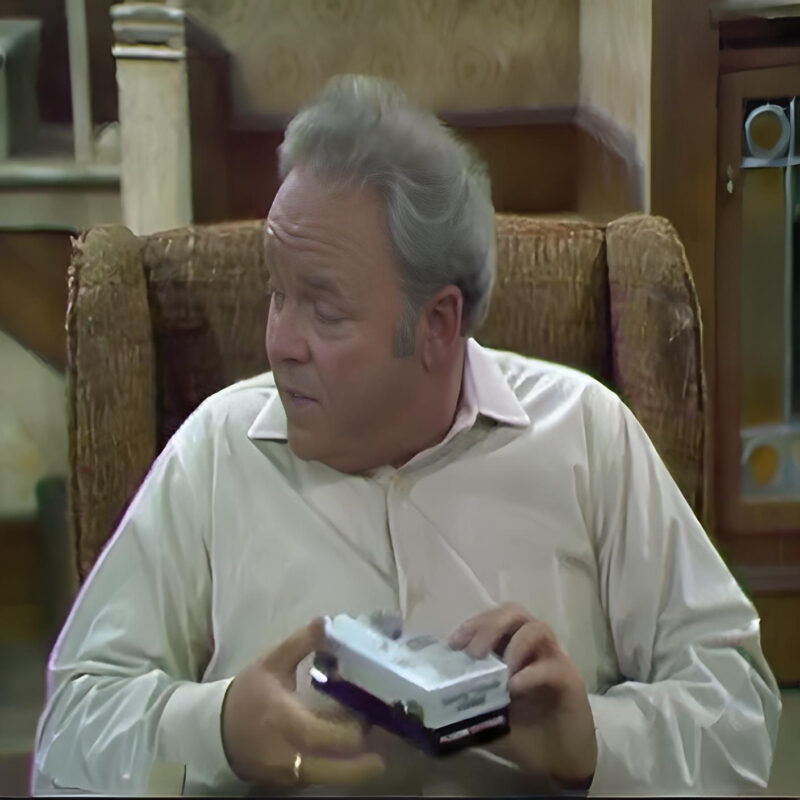
Archie Bunker, the iconic character from All in the Family, is a figure who has left an indelible mark on television history. As portrayed by Carroll O’Connor, Archie became the quintessential armchair philosopher, whose blunt and often controversial views served as a mirror reflecting the societal issues of his time. While he may not have been the beacon of enlightenment, Archie’s character played a crucial role in fostering true progress in American television and beyond.
Archie Bunker was introduced to audiences in 1971 as a gruff, working-class man from Queens, New York. His unapologetically bigoted and narrow-minded views on race, gender, and politics were shocking and, at times, infuriating. However, it was through this very crudeness that All in the Family managed to tackle sensitive topics head-on. Creator Norman Lear crafted a show that used Archie as a vehicle to expose and challenge the prejudices that existed in American society.
What made Archie Bunker an effective armchair philosopher was his unfiltered commentary on the world around him. Sitting in his worn-out armchair, beer in hand, Archie spouted opinions that many viewers found offensive. Yet, this raw portrayal of ignorance provided a unique opportunity for dialogue. By placing such views in the living rooms of millions, All in the Family encouraged audiences to confront these issues rather than ignore them. Archie’s interactions with his family, particularly his liberal son-in-law Mike “Meathead” Stivic (Rob Reiner), highlighted the generational and ideological clashes of the time.
Despite his flaws, Archie Bunker was not a one-dimensional character. He was a product of his environment, molded by his experiences and fears. Beneath the bluster, Archie had moments of vulnerability and humanity that made him relatable. His love for his family, especially his wife Edith (Jean Stapleton), revealed a softer side that endeared him to viewers. These glimpses of decency amidst his often abhorrent views added depth to his character and made his eventual growth more impactful.
Archie’s journey from rigid bigotry to begrudging acceptance mirrored the societal shifts occurring in America. His evolution was slow and often painful, but it was also realistic. Archie didn’t undergo a dramatic transformation; instead, he experienced small, incremental changes that reflected the real-life struggles many faced in overcoming deeply ingrained prejudices. This authenticity resonated with audiences and underscored the idea that true progress is gradual and requires ongoing effort.
In celebrating Archie Bunker, we acknowledge his role as a catalyst for conversation and change. His character forced viewers to examine their own beliefs and biases, paving the way for more nuanced and inclusive storytelling in television. All in the Family broke new ground by daring to address taboo subjects with humor and honesty, setting a precedent for future shows to tackle social issues with similar candor.
Archie Bunker’s legacy is a testament to the power of television as a tool for social commentary. Through his gruff exterior and unpolished philosophy, Archie challenged us to confront uncomfortable truths and, in doing so, contributed to the gradual progress of society. As we reflect on his impact, we recognize that even the most unlikely figures can play a key role in fostering understanding and change. Archie Bunker, in all his flawed glory, remains an enduring symbol of the complex journey toward true progress.
4o
